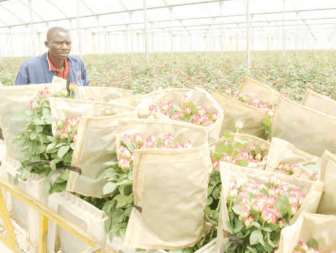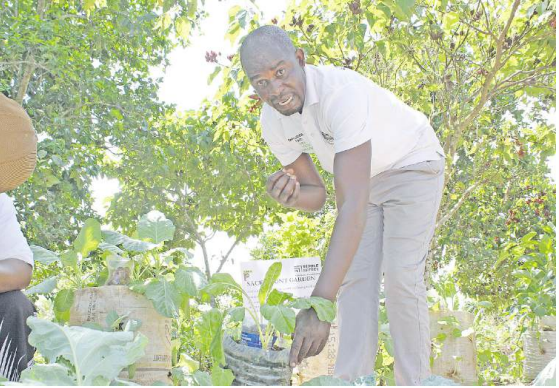

More than 1,000 farmers from Kwale, Kilifi and Mombasa counties are set to benefit from an agricultural programme aimed at improving livelihoods and enhancing food security.
The initiative targets jobless youth, encouraging them to embrace modern farming practices as a sustainable way to combat unemployment and poverty.
Apart from targeting youth, the project seeks to convince old people to allow youth to use their farms for agricultural gains.
The initiative, spearheaded by Ripple Effect, will train farmers to adopt innovative agricultural techniques to improve lives.
Speaking during an agricultural exhibition at Shimba Hills in Kwale county, Ripple Effect programme coordinator, Hamisi Hassan said the youth are equipped with skills to engage in productive farming.
They are also encouraged to view agriculture as a viable and rewarding career.
“This programme aims to transform the mindset of our youth by demonstrating that farming can be both profitable and sustainable.
It is not just about food production but also about creating a stable source of income,” he said.
Hassan said the project concentrates on the production of fruits, vegetables and poultry farming to boost food security and address the region’s socioeconomic challenges.
“We are prioritising the cultivation of mangoes, pineapples, passion fruits and vegetables. These crops not only enhance food security but also create multiple job opportunities,” he said.
The programme has adopted a comprehensive approach to farming by integrating traditional and advanced agricultural practices.
Hassan said farmers are being trained through Peer Farmer Trainers, who share knowledge on advanced technological farming methods to maximise yields despite the adverse effects of climate change.
He said farmers are trained on how to utilise improved traditional farming methods that are environmentally friendly and effective such as use of locally made manure, disease and pest control medicines.
Hassan said the approach reduces dependency on chemical inputs to mitigate the effects of climate change while promoting practices like crop rotation and organic manure use.
“Our focus is on sustainable farming techniques that preserve the environment while ensuring consistent food production,” he said.
Hassan said the techniques include water retention practices and adopting certified seeds for better yields.
The programme is also designed to stimulate economic growth.
The increased yields are not only expected
to meet local demand but also create
opportunities for export.














